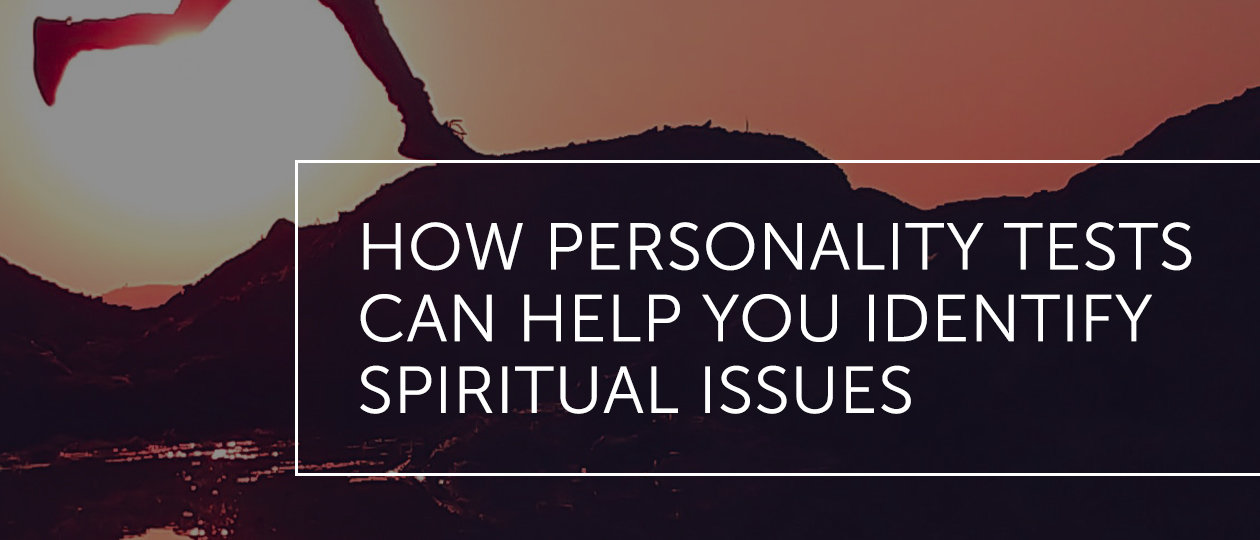How Personality Tests Can Help You Identify Spiritual Issues
My wife, Hope, loves personality tests. I think she’s taken all the really popular ones multiple times, and loves talking about them and working with other people to find their personality—and she’s not alone. The more widely known tests like the Myers Briggs, the DISC, and the Enneagram seem to rotate back and forth in popularity. Today, for instance, the Enneagram is extremely popular.
I think one of the big reasons for that popularity is validation. So many people like Hope have always felt there was something wrong with them because of their personality, and they would feel quietly ashamed of it and try to keep others from noticing. But when they take a personality test and it identifies exactly what they have been thinking and feeling about themselves, they realize that not only is it not a malfunction, in many cases it’s even a good thing! I’ve seen many times what a huge weight this can lift off a person’s shoulders, and it can really change their whole outlook on life.
But what about those occasions when there actually is a malfunction? As my friend Dr. Caroline Leaf says, we have no mechanisms in our body for the negative, only positive. So when we continuously experience a long-term negative feeling, emotion, or behavior, it has to be a malfunction. I would estimate that about a third of the peopole who take personality tests are malfunctioning in some way at the time they take it, which means that in parts, the test may see the malfunction instead of the person. Remove the malfunction, and the test results change. The most obvious examples I’ve seen are with introverts and extroverts. Sometimes a person may behave like an introvert because they are wounded, malfunctioning, and in fear, but when that internal situation changes or is healed, suddenly they are not introverted anymore. You can also get the opposite situation, where someone scores as a definite extrovert because they’re trying to compensate for something negative in their life. When the problem they’re compensating for is resolved, it turns out that they are naturally introverted—I’ve worked with a lot of comics who had this latter problem.
I think the Enneagram going around today is a great tool. I like that it deliniates nine major areas instead of only five or six, how it combines traits to show how you likely approach certain areas of life and how others may differ, and how it gives you a positive, hopeful picture of your particular personality while also showing you some of your potential pitfalls. By laying out the habits of a healthy person vs an unhealthy person for each personality type, it helps you differentiate between what is personality and what is malfunction, and gives helpful hints on how to avoid your personal pitfalls, or in some cases even turn them into strengths!
Socrates once famously said, “The unexamined life is not worth living.” The bottom line is that whatever test happens to be your favorite, they are wonderful tools that can help you better examine yourself and others. They can help you avoid your worst tendancies and find a new level of health and happiness—as long as it’s measuring you, and not a malfunction. Recently, I’ve been very excited to work on developing a program that helps find and fix these types of malfunctions, while also helping healthy people reach the next level of their own existence and personality. So be looking for it, it’s coming!
Have a blessed, wonderful day!
Alex Loyd



